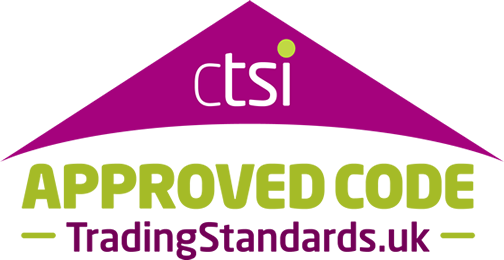
FAQs
Here are some answers to the questions we get asked the most.
A service charge is made to cover the development ongoing costs and services provided by your freeholder or residents management company to maintain the communal areas of your block or estate. These will include but not limited to gardening, cleaning, insurance, minor repairs, employee costs, lift expenses, communal utility supplies, accountancy fees, management and other professional fees, reserve fund and major works.
Details of what can and cannot be charged by the Lessor will all be set out within your lease. This will include the proportion of the charge to be paid by the Leaseholder.
Most Leases stipulate the collection of service charges in advance, including collecting any shortfall at the end of the year. Some Blocks have arrangements that whilst the lease provides for an interim demand to be payable when sent they are happy to accept payments by instalments, typically monthly direct debits.
Each resident management company we are appointed by will have a specific client bank account for service charge funds to be paid into.
Your service charge is calculated from a prepared budget, which will contain details of re-occurring items and any reasonably foreseen costs. All service charge demands are in accordance with your lease.
Each year a service charge budget will be issued out forecasting the coming year’s expenditure and how money is dispersed. All block directors will have up to date information on expenditure and will see original invoices for any works. By appointment, all lessee’s are welcome to visit our offices to view Invoices etc.
Some Leases allow for additional funds to be collected to cover for future large planned works such as door entry or roof replacement. A Life Cycle Costing exercise will be undertaken when considering an appropriate amount to be paid by the Leaseholder.
The obligation to pay ground rent is written in your lease. Since the lease is effectively a contract between ‘Landlord’ and ‘Tenant’, ground is essentially a rent that is paid to your landlord.
Section 20 process is essentially protection for leaseholders so that landlords cannot recover more than a stipulated threshold of service charge monies from an individual without following a certain process.
This can be difficult situation to resolve. Most of the time the best way to approach the situation is a friendly chat to make sure they are aware of the situation. The following link is an advice sheet to assist with this problems https://www.gov.uk/how-to-resolve-neighbour-disputes
Please call 02081 068 050 in event of emergency. All other non-emergency issues will be dealt with by the main office the next working day.
Depending on your lease, keeping pets may require consent or it may be prohibited. Please either speak with your property manager or refer to your lease.
Some leases allow letting of your property with restrictions, while others prevent subletting. Please either speak with your property manager or refer to your lease.
It is common for the landlord to provide consent for alterations either direct or via the managing agent. Please refer to the lease or your property manager, as it depends on what alterations you are looking to make.







